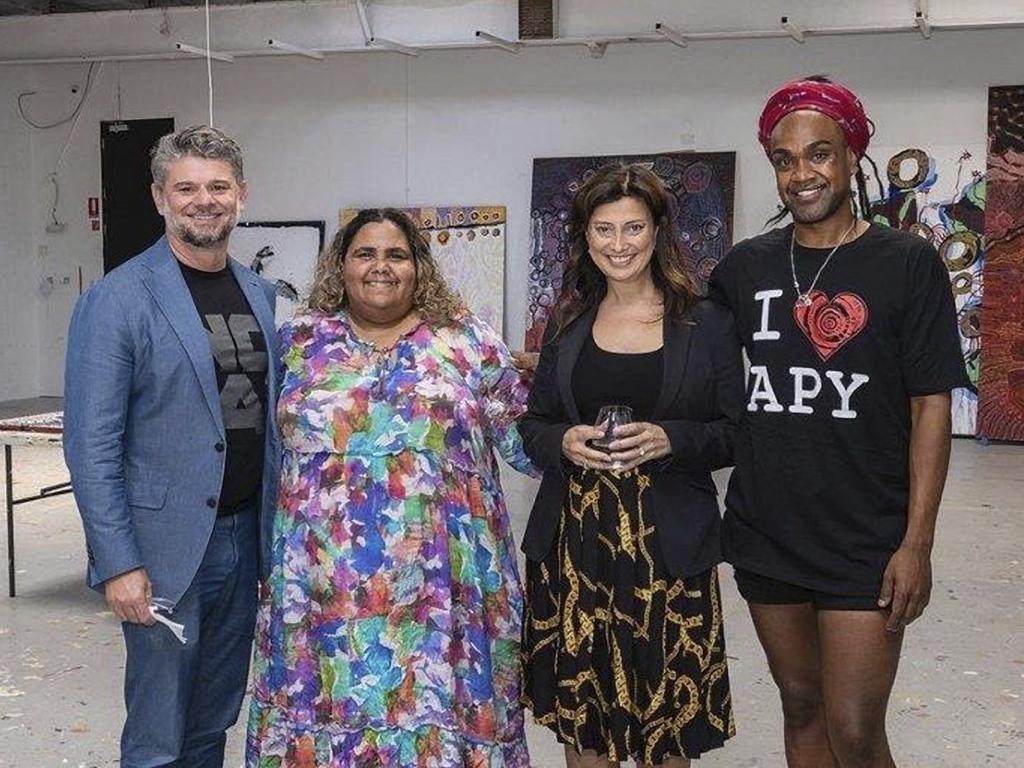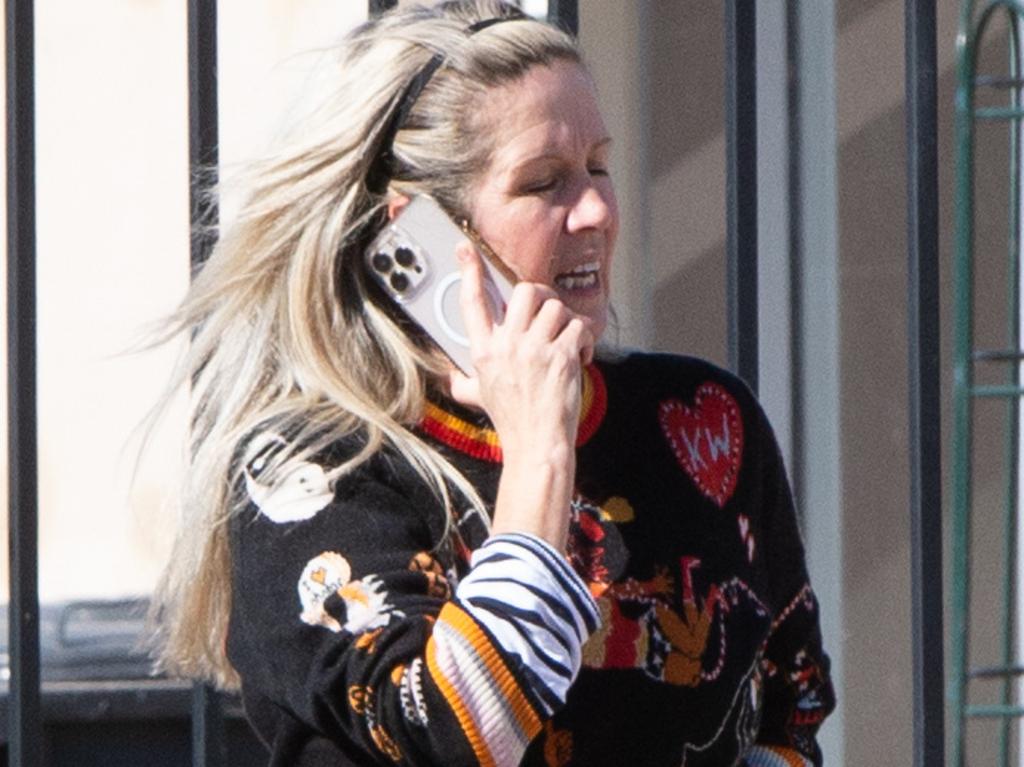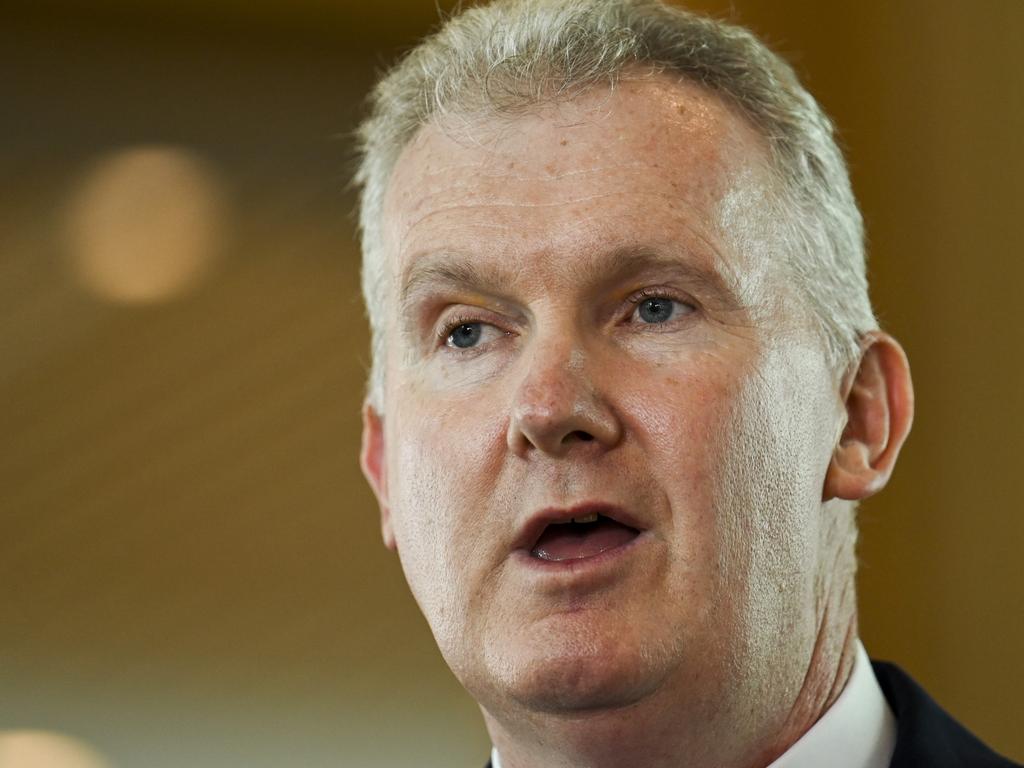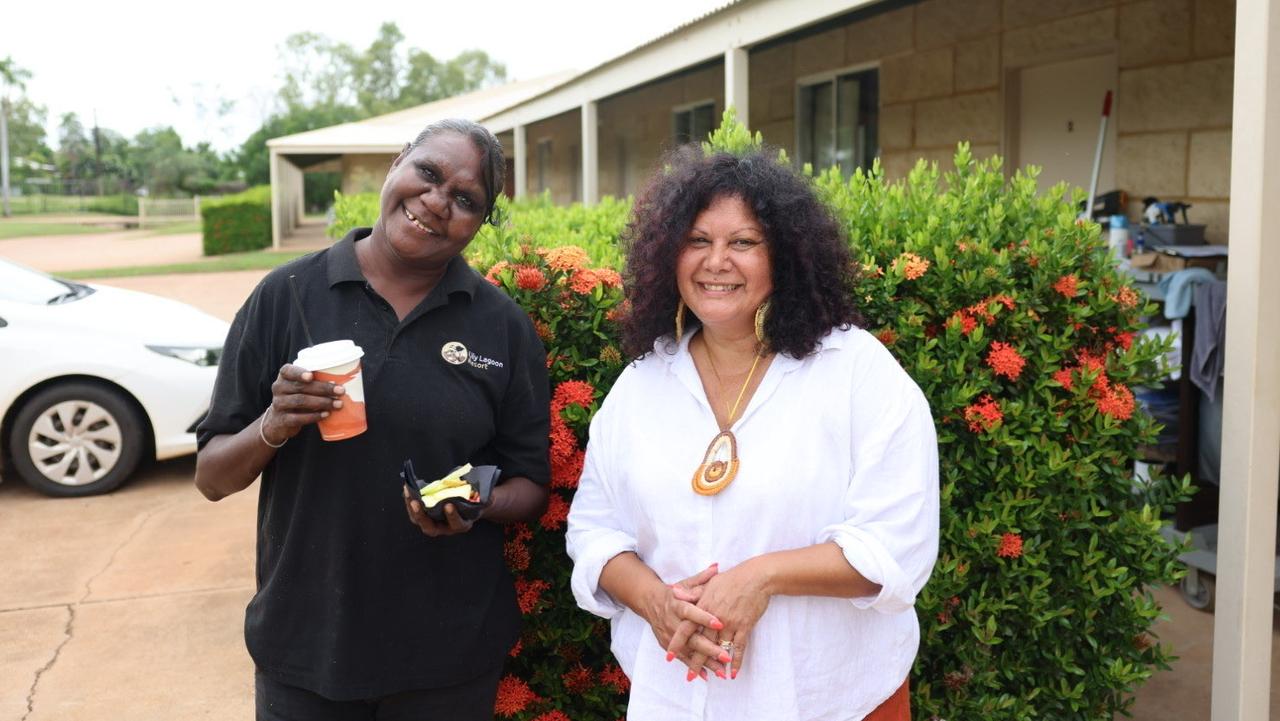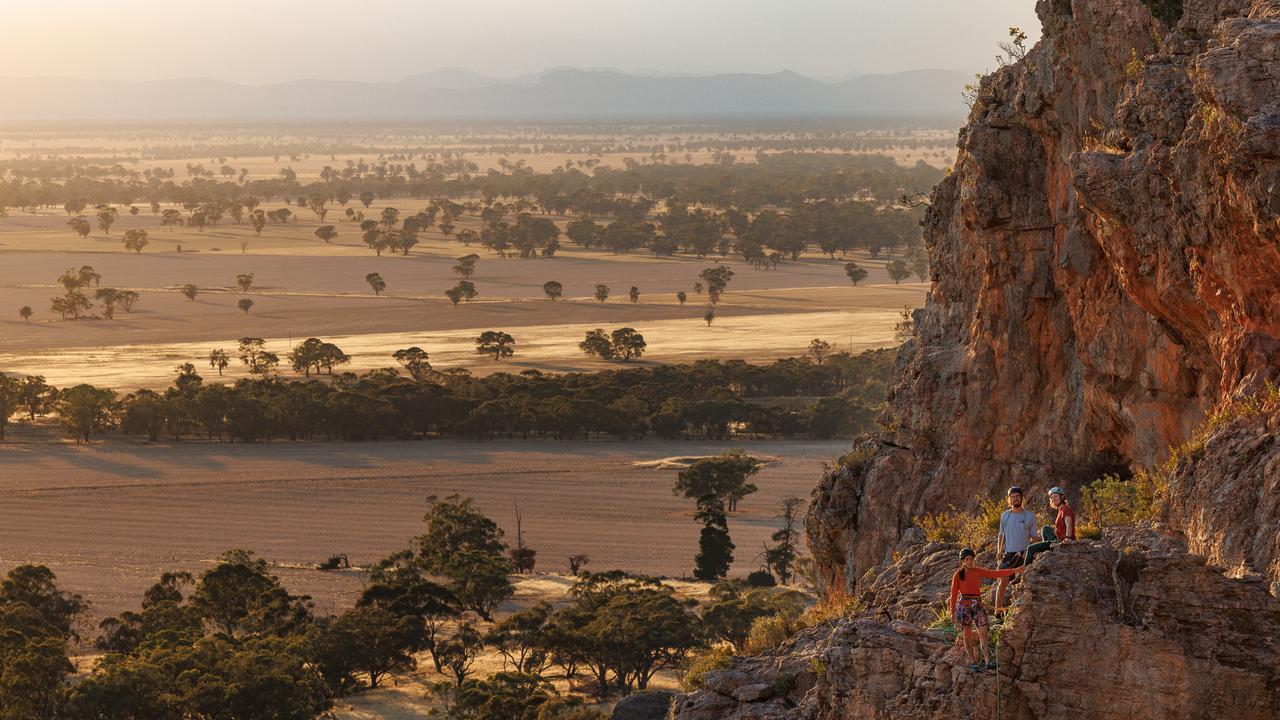Indigenous APY art probe welcomed
The peak body representing the APY Lands has strongly applauded the major government investigation into the APY Art Centre Collective art scandal.
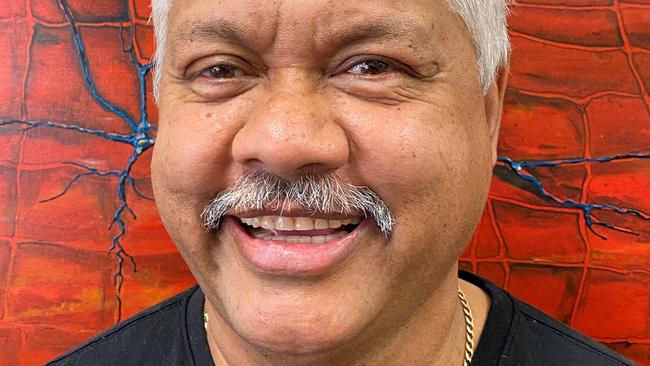
The peak body representing the APY Lands has strongly applauded the major government investigation into The Australian’s revelations that artworks purported to be the exclusive work of First Nations artists have been interfered with by white people.
In a sign of the spiralling damage from the revelations, Anangu Pitjantjatjara Yankunytjatjara has also stressed that it has “no affiliation nor formal partnership” with the APY Art Centre Collective at the centre of the scandal.
SA Arts Minister Andrea Michaels announced this week that the SA, Northern Territory and federal governments had resolved to launch their own investigation, to be headed by the SA government with terms of reference to be finalised in coming weeks.
APY general manager Richard King said the integrity of Aboriginal art needed to be protected amid suspicions of white interference. “APY stands for transparency,” Mr King said.
“An independent investigation that protects the art centres and artists in general is welcome.
“This is an issue that threatens the authenticity of all Aboriginal artists and should be fully explored and understood to protect the industry moving forward,” he said.
“The allegations first raised by The Australian newspaper are indeed serious, and if proven true, could have a lasting impact not only on the artists directly involved but also on the broader First Nations art community.”
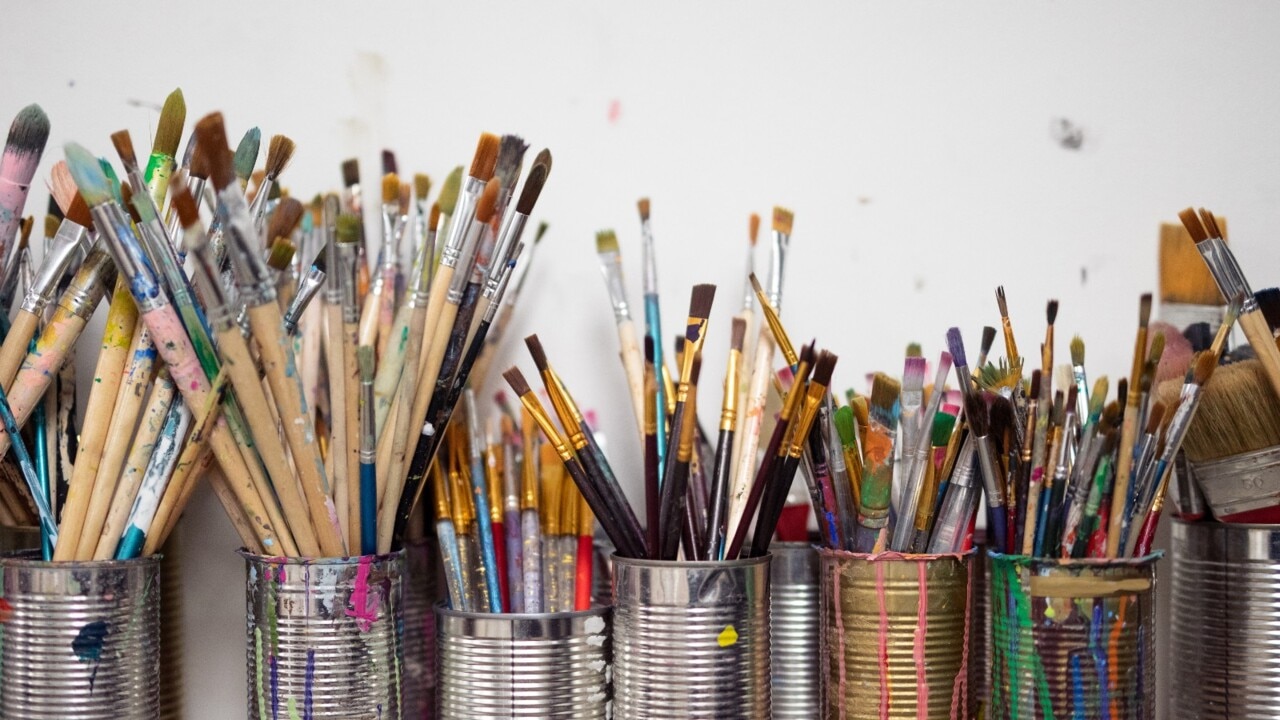
Mr King stressed that the Anangu Pitjantjatjara Yankunytjatjara community and the management of the APY Lands had no involvement with the APYACC, other than being linked by geography.
“Although APYACC is located on the APY Lands, the organisation has no affiliation or formal partnership with APY, which provides administration and governance for the lands and is responsible for implementing the APY Land Rights Act,” he said.
“As such, APY fully supports a comprehensive, evidence-based investigation that allows artists and other stakeholders most impacted by these allegations to share their experiences in a controlled, transparent and safe environment.”
APYACC represents 10 Indigenous-owned and governed enterprises and about 500 artists, the majority from communities located across the APY Lands.
Mr King commended the APYACC for promising to take part in the investigation.



